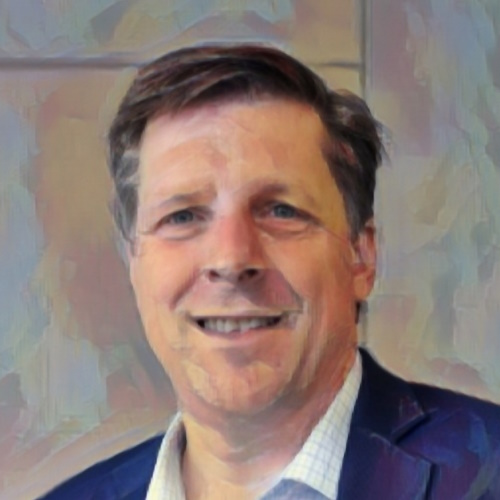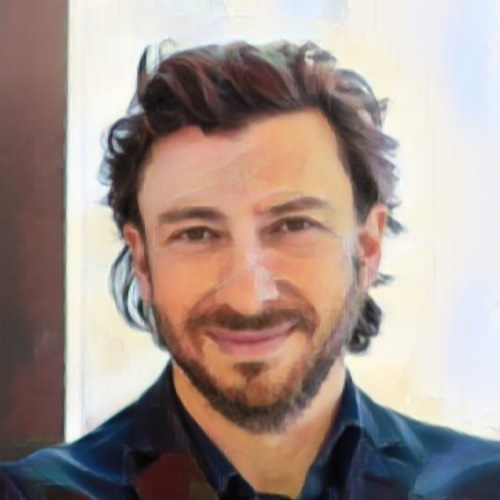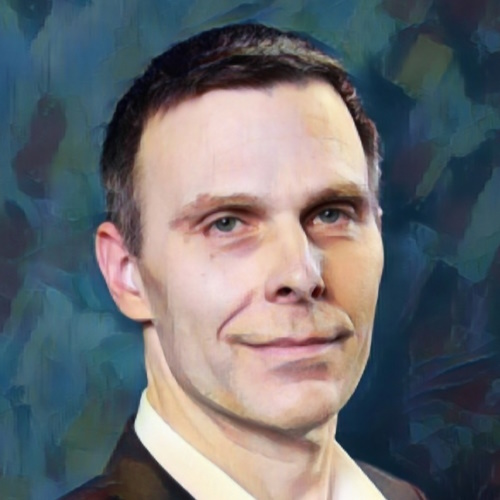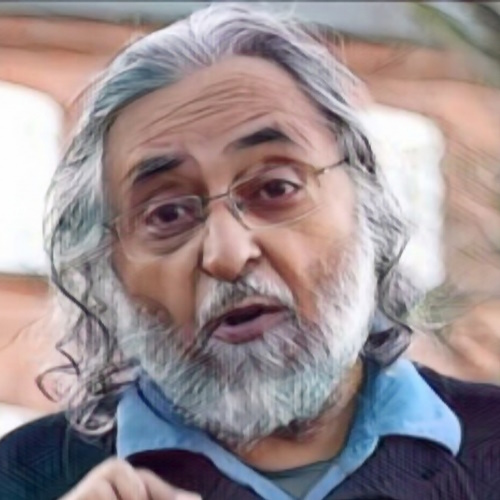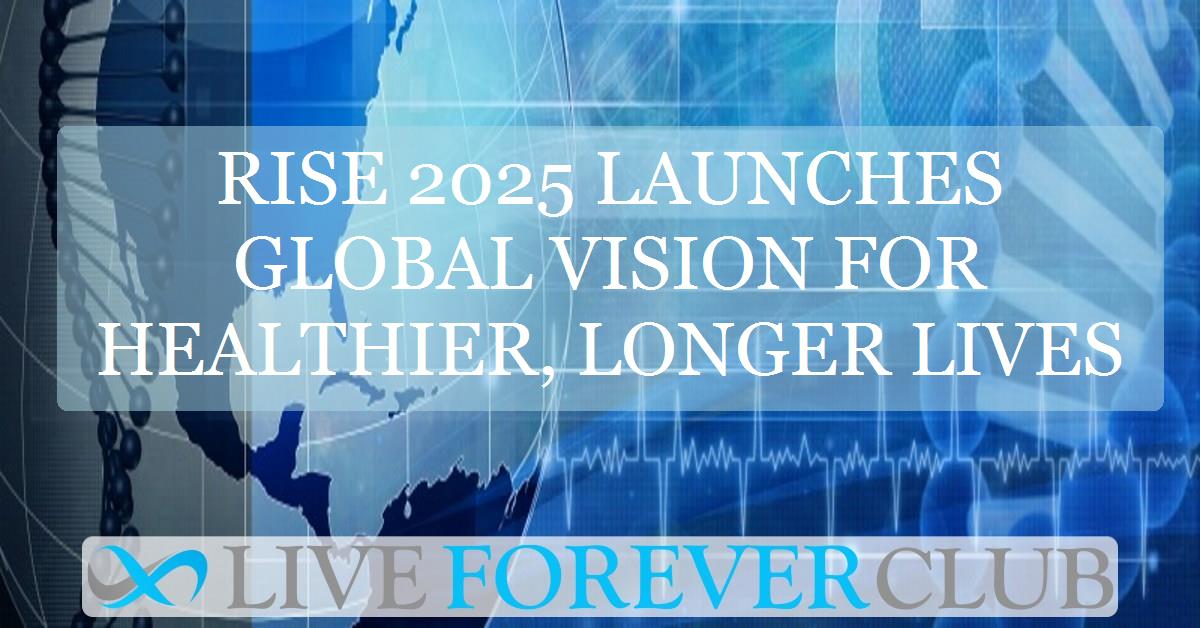Key points from article :
The RISE for Healthy Aging 2025 conference began with a strong emphasis on reshaping how society approaches ageing—shifting from reactive treatment to proactive, preventive care. Prof. Deepak Saini, convener of Longevity India, opened with insights from his research on ageing mechanisms, including DNA damage and oxidative stress, and described landmark efforts such as the BHARAT study and AI-powered biomarker discovery. Prof. Brian Kennedy (NUS, Singapore) followed with a keynote urging a move from "sick-care" to a prevention-first model, especially warning of the long-term health impact of academic stress on children. Their combined message called for integrative approaches and a unified longevity framework.
Day 1 featured discussions on the biological roots of ageing, with experts like Dr. Suresh Rattan emphasizing evolutionary limits and the benefits of hormetic stress (e.g., exercise, fasting), and Prof. Satchidananda Panda highlighting the critical role of circadian rhythms and time-restricted feeding. Talks also explored mitochondrial dysfunction (Prof. Keshav Singh), the genetic role of vitamin B12 (Dr. Arnab Mukhopadhyay), and innovative senotherapeutics (Prof. Hiroshi Kondoh) that may restore resilience and reverse ageing markers.
Day 2 turned to translational and clinical research, introducing the concept of “Medicine 4.0”—a future where AI and precise diagnostics target the biology of ageing directly. Dr. Matt Kaeberlein and Dr. David Furman described how tools like inflammatory clocks and facial ageing scans can personalize care and track biological ageing. Fireside chats and panels stressed the importance of grassroots awareness, scalable diagnostics, and integrating digital tools into healthcare. Sessions also covered lifestyle medicine, Ayurveda, and dementia prevention, drawing on both cutting-edge science and traditional wisdom.
The day closed with a focus on reproductive longevity and age-related diseases. Discussions ranged from early menopause to PCOS and ovarian cancer, with Indian scientists like Prof. Ramray Bhat and Prof. Siddharth Jhunjhunwala presenting their research on age-linked cancer progression and immune system decline. These insights highlight the urgent need for personalized, multidisciplinary strategies. As Day 3 approaches, the momentum for a holistic and science-driven approach to healthy ageing continues to build.
